The Human Life - Biology of the Parent (Part 4)
Our twenties are behind us and we will never be the same again as we continue to age. We age accordingly with our children, getting ready to face the next biological challenge. By this time our lives and our body have already reached its zenith, we have been ageing for years but for the first time in our lives at about 40 we will physically notice our appearance change, the physical changes that will occur now will be more rapid and obvious than ever.
Your cumulative experience of life under the sun causes the first symptom of ageing to show on the skin, we begin to find wrinkles. Since birth the cells that make up our skin continuously replaces itself, this process can be as fast as 40,000 new cells per minute replacing the dead cells that are constantly being shaded off (together with bacteria on the outermost layer). At the age of 40, we have shaded about 180 kilograms of dust (dead cells) from our skin, we do this so incredibly well; our skin cells are never more than a month old, even if we are no longer so young.
Do not get me wrong here, wrinkles are not caused by damages done to the cells, the problem comes from the stuff that ties or holds them together. When rays from the sun reach our skin it begins a chemical reaction in the transmembrane proteins located on the cell surface, causing them to get thinner and brake. The elastic abilities of our skin slowly reduce over the years, become saggy, and by middle age become wrinkly. This changes have been on throughout our life but were not obvious until now.
Eye
A few years ago we would effortlessly read without glasses, 90 per cent of adults this age notice that their eyesight isn't as good as it used to be (even if it doesn't get as bad a needing glasses all the time), it becomes a challenge to see clearly while reading small fonts. The problem is from the lens of the eye; you see, the body never replaces cells found in the eye lens, heart, and most parts of the brain, they are exactly the same lens cells we had as babies and as we get older the lenses get stiff and begin to focus less properly.
Our eyes start to dry out, our eyelids preserve and help lubricate the eyes. The skin of the eyelid itself is very fine and accommodates no subcutaneous fat like other parts of the skin, but in it is the Meibomian glands. These glands discharge oil into the tear film (this will also stop the tears from evaporating too fast) keeping our eyes moist. Now we are producing less of it, and less of tears too.
The Body
Exercise alone becomes less fruitful in keeping us shaped, at age 20 we could eat what we wanted, do want we wanted, but now our metabolism is changing and it becomes unbelievably easy to gain extra weight, why? Our blood.
When we are a bit over 40, the levels of growth and sex hormones in our blood (Estrogen and Testosterone) is drastically reduced causing the body to get rid of muscle [after 40 years we shed about 3 kilograms on muscles each decade]. It changes the pattern of our metabolic process because after losing so much muscle we no longer need many calories to burn [not changing your eating habit after middle age will permit your body's to store the unused calories as fat, making you gain weight].
When women store fat most of it goes to her hip, she is no longer as strong as she used to, so if she gets pregnant again this will help for balance in the internal organs and quick energy release. Men store fat in their stomach, and this also helps for the quick release of energy - as if that not bad enough - our ability to break down fat will drop continuously every year, it is a problem that starts deep within our cells.
Inside there are organelles called mitochondria, you can think of it as our body’s power plant station because these structures are responsible for combining the nutrients gotten from food with the oxygen extracted from the lungs, after processing it, it releases everything to the body. As we age the number of functioning mitochondria reduces, therefore, making us metabolize poorly. [Millions of years ago our hominid ancestors needed this feature (large tough belly) for quick energy during hunting trips].
Too much fat is bad for us by these days, fat fills itself inside almost every cavity in the body, they are found in the intestine as yellow slimy deposits and when the fat continues to grow into our blood vessels, when this happens it can build up until it starts to restrict the blood flow in the vessels, therefore, forcing the heart to do extra work to transfer blood around the body. Fat will cause so much trouble if it finally limits blood flow back to the heart, because of this lack the heart may go into spasm, causing a heart attack [Heart disease has one of the highest death counts in the west].
Mid 50’s
When we get stressed our body automatically changes into the fight or flight mood, as adrenaline and cortisol fill our bloodstream our muscle contract, arteries constrict and our blood pressure goes up. If we constantly get stressed it may cause harm to our cardiovascular network and speed up the ageing process in the blood vessel, this high blood pressure will damage cells in the artery walls by making them stiff and dense. Blood flow around the body is now restricted and the heart again still has to work harder.
High blood pressure can rupture blood vessels in the brain (like when there is a crack in a high pressured pipe) it justs starts squirting out blood - this causes a stroke. Many of us learn to manage stress but for women, menopause is a challenge. During menopause, the ovary becomes empty of eggs and the body stops the constant release of sex hormones. This kind of shift will affect the brain's ability to control moods, temperature, and sleep.
Old age
From children to parents to grandparents, it is the last chapter of our lives. As we retire from work our life becomes slower and our senses are greatly affected. Inside our ears; our ability to hear has been diminishing since birth, the lubricating pads between the ossicles attached to the eardrums are beginning to stiffen making us struggle for sound. Our eyes are also affected as their lenses become stiffer and its colour subtly shifts from bright blue to yellowish brown as a result of the lifetime exposure to the sun, many of us do not notice this because our brains work harder to reconcile for it.
Our bones are also affected; relative to our bones we are mostly at risk of Osteo paralysis - bone cells are still at work but operations are off balance, the bone is breaking down itself more than it is repairing itself and as time passes the bone becomes weaker (this process happens faster in women due to the imbalance left by menopause).
Every day cells clone themselves in their billions, the DNA inside each cell is always copied to the new ones. The problem here is that there is no DNA filter for bad genes, any imperfection that existed in the body is then multiplied over a lifetime. It is just like using a photocopy machine, each copy of the image reduces its quality.
The air we breathe also contributes to our ageing process; we need oxygen to survive but throughout our lives, it is poisoning us. Deep inside the cell, our mitochondria create energy but like every other power plant it also produces a waste product called Free radicals
An atom or group of atoms with at least one unpaired electron; in the body, it is usually an oxygen molecule that has lost an electron and will stabilize itself by stealing an electron from a nearby molecule
and overtime this molecules will suffocate the cell and kill it, one by one they will go.
Death
This is a very astonishing biological process that starts with the cells. When our DNA gets to its set time, there is the last instruction for cells to copy incomplete DNA instruction as they divide themselves after billions of cells have been copied, these new cells will now have very few instructions left to do anything - not even divide. Death is not instantaneous, it is a slow process of one by one shutting down of organs and tissues.
In the end, at the last heartbeat, our body is flooded with endorphins [the chemical responsible for pain killing in the body]. After that, the tissue starts dying in seconds and the brain starts failing in minutes - by 4 minutes it will have damaged for good, our hearing is the last sense to go.
It would take about 24 hours for the skin cells to stop dividing and 3 more hours for the last electrical impulse to fire in the brain, and after that… then… Silence…
References
Healthline - Effects of stress on the body
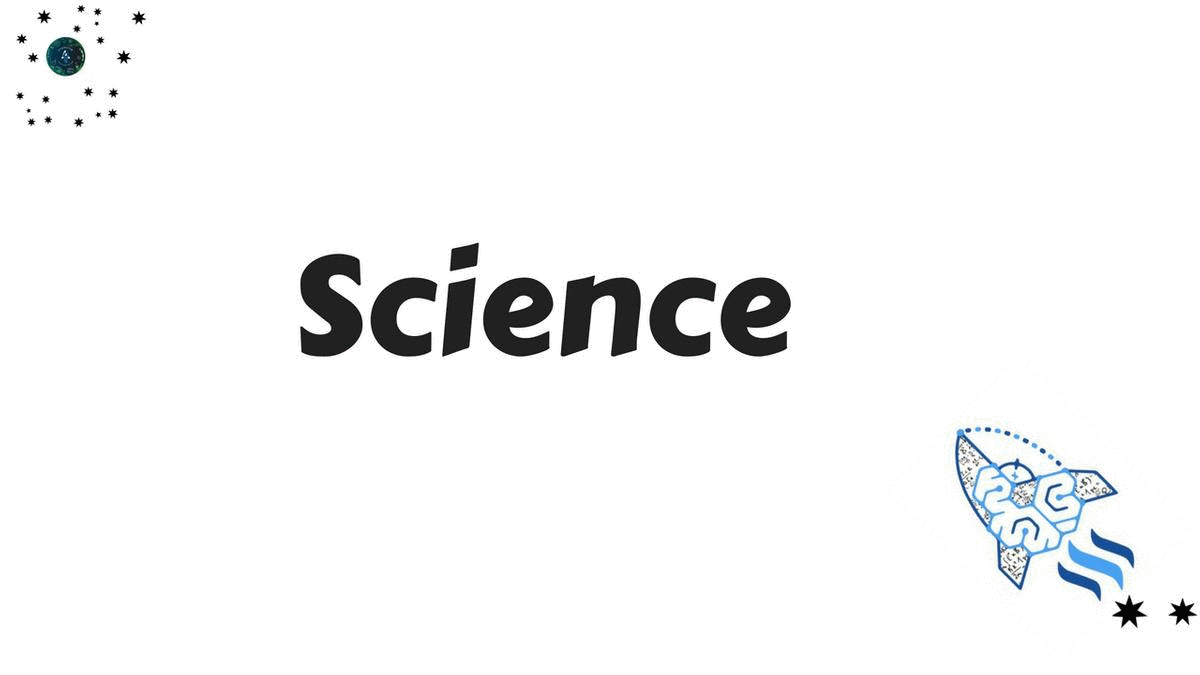

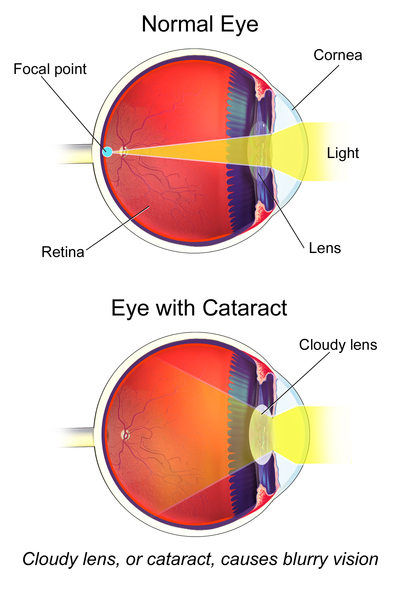
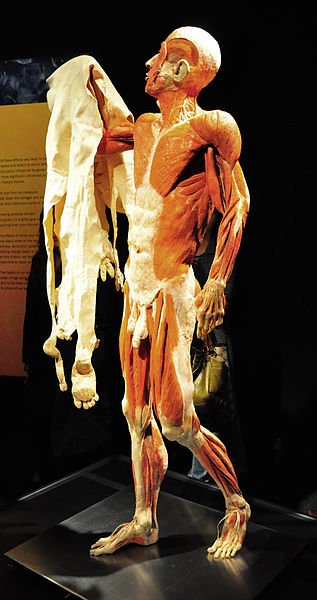
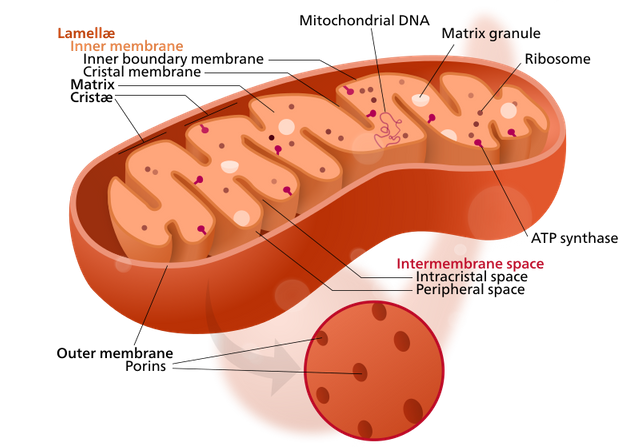

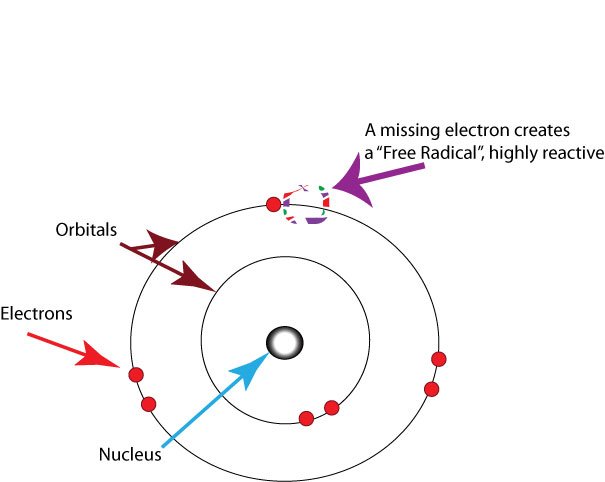
Great read. Thankyou
😄
I definitely didn’t know this
Glad you learnt something 😀
This is an interesting read by all means. Thumbs up to you agbona. However, I have something to say to this;
Does the drop in the level of sex hormones apply to everyone? The reason I am asking is that I have seen a lot septugenerian men being sexually active and even sleep around like some guys in their 20s.
@gentleshaid
One thing doesn’t change, older men’s and women’s ability to enjoy erotic pleasure. But with age, sex changes. It becomes less like the Fourth of July, and more like Thanksgiving. However, even without exploding fireworks, the erotic flames can still burn hot and bright. If older men adjust to the changes ageing brings, and if women involved with older men understand what’s happening to their lovers.
When does a man become sexually “older?” It varies, but usually between 45 and 50. A medically problematic lifestyle, for example, smoking, typically accelerates the changes, and a healthy lifestyle may postpone them, but even men in robust health with exemplary lifestyles experience age-related sexual changes. Depending on the man, the changes may develop gradually or surprisingly suddenly, like within six months.
Congratulations! Your post has been selected as a daily Steemit truffle! It is listed on rank 14 of all contributions awarded today. You can find the TOP DAILY TRUFFLE PICKS HERE.
I upvoted your contribution because to my mind your post is at least 18 SBD worth and should receive 203 votes. It's now up to the lovely Steemit community to make this come true.
I am
TrufflePig, an Artificial Intelligence Bot that helps minnows and content curators using Machine Learning. If you are curious how I select content, you can find an explanation here!Have a nice day and sincerely yours,

TrufflePigThis post has been voted on by the steemstem curation team and voting trail.
There is more to SteemSTEM than just writing posts, check here for some more tips on being a community member. You can also join our discord here to get to know the rest of the community!
Hi @agbona!
Your post was upvoted by utopian.io in cooperation with steemstem - supporting knowledge, innovation and technological advancement on the Steem Blockchain.
Contribute to Open Source with utopian.io
Learn how to contribute on our website and join the new open source economy.
Want to chat? Join the Utopian Community on Discord https://discord.gg/h52nFrV